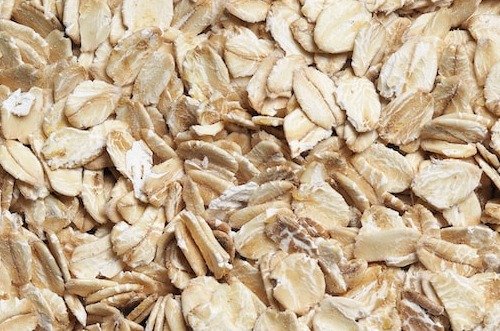W49 Oats Update: Canada Boosts Oat Forecast, Australia Cuts Estimates for 2023/24 Season

Russia's Nov-23 Grain Exports Decline by 37% YoY
During Nov-23, Russia's grain exports reached 4.02 million metric tons (mmt), marking a 37% decline year-on-year (YoY), according to the Russian Grain Union. The first since the start of the season in Jul-23, this reduction was notable across various grains. However, there were no shipments of rye and oats from Russia, in contrast to the same period a year ago when 11 thousand metric tons (mt) of oats were shipped. Meanwhile, the Krasnoyarsk Territory exported 377 thousand mt of grain, processed products, and oilseeds in 2023, a significant increase from 120 thousand mt shipped during the same period in 2022. The primary exported items include 37.5 thousand mt of oats.
Russia’s Amur Region, Successfully Harvested Oats from 19.1 Thousand Ha
All agricultural municipalities in the Amur region, Russia, have successfully concluded the grain harvest, covering a total of 196.6 thousand hectares (ha), which includes 19.1 thousand ha of oats.
Canadian Oats Estimated Revised Up at 2.64 mmt, Australian Estimate Drops to 1.07 mmt in 2023/24 Season
The Dec-23 forecast for Canadian oats in the 2023/24 season has increased by 200 thousand mt to 2.64 mmt compared to the previous estimates of 2.44 mmt, but it remains significantly lower than the 5.23 mmt achieved in the 2022/23 season. The United States Department of Agriculture (USDA) predicts that Canada and Australia combined will contribute to 85% of global oat trade.
In contrast, the forecast for Australia’s 2023/24 oat season has been revised down by 50 thousand mt to 1.07 mmt. This is attributed to a mixed spring, with improvements in southern cropping regions expected to offset downgrades in the northern regions. Production has declined in Queensland and Western Australia since September 2023, while it has increased in New South Wales, Victoria, and South Australia. Despite the Australian oat crop being slightly below the USDA figure, the rise in the Canadian forecast outweighs this, potentially contributing to global availability and influencing oat prices worldwide.
UK Oats Consumption for the 2023/24 Season Expected to Decline by 21%
From Jul-23 to Oct-23 of the 2023/24 season, the consumption of wheat, barley, maize, and oats in the United Kingdom (UK) reached 1.57 mmt, marking a 3.6% decline from the same period in the 2022/23 season. Moreover, according to the latest estimates by Agriculture and Horticulture Development Board (AHDB), the total demand for cereals in animal feed for the 2023/24 season is projected at 12.44 mmt, remaining relatively stable compared to the previous year but representing the second-lowest level since 2016/17. Notably, the usage of wheat, maize, and oats will decrease by 2.7%, 36.4%, and 19.9%, respectively, compared to the same period in 2022/23. Additionally, oat usage is expected to decline by 21% for the entire season, reflecting a reduced presence in animal rations.



